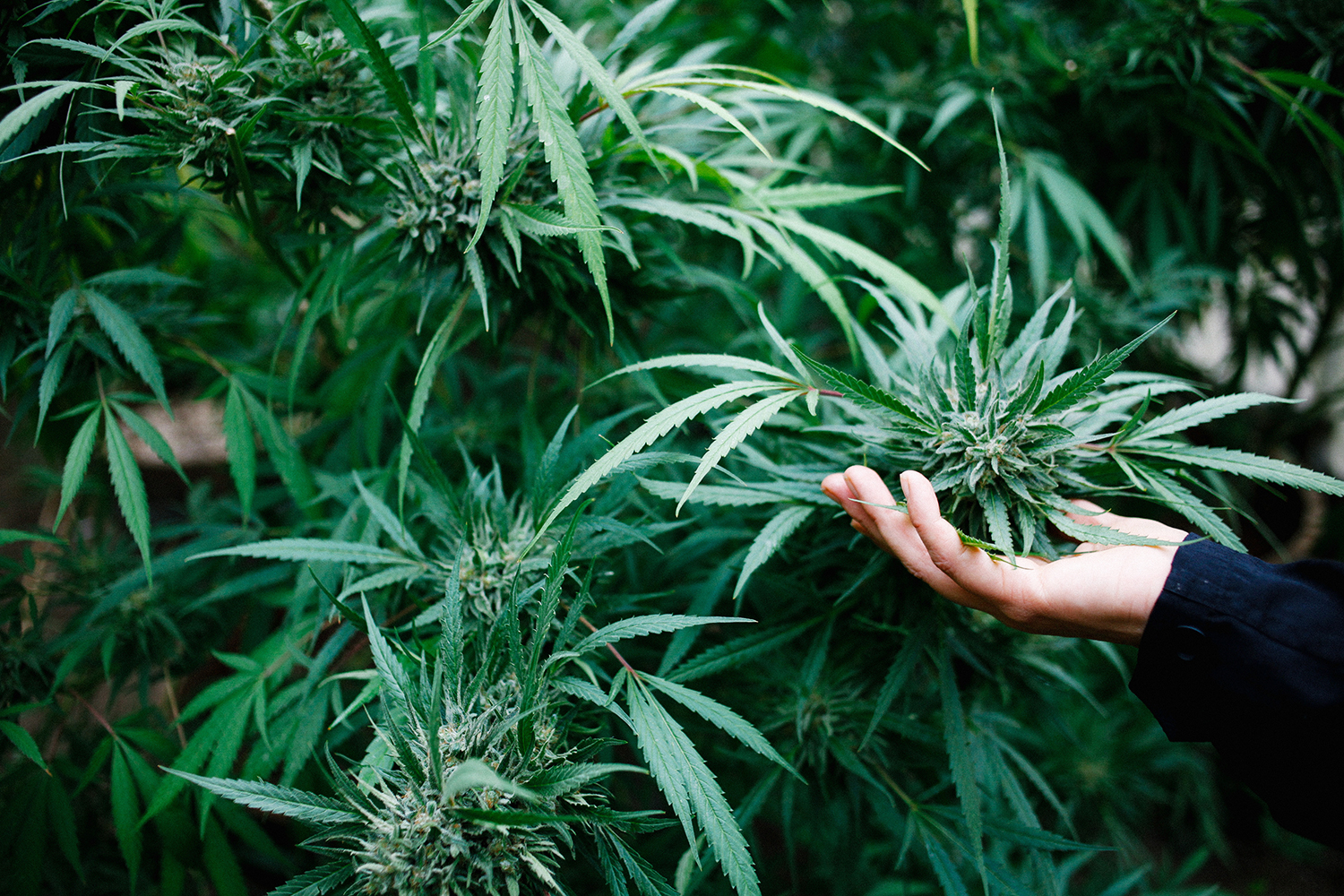Kratom, a plant native to Southeast Asia, has gained popularity in recent years for its potential medicinal benefits. This tropical evergreen tree belongs to the coffee family and is known for its leaves, which contain compounds that have both stimulant and sedative effects.
One of the most common uses of kratom is as a natural pain reliever. The active ingredients in kratom, such as mitragynine and 7-hydroxymitragynine, interact with opioid receptors in the brain to reduce pain perception. Many people who suffer from chronic pain conditions have turned to kratom as an alternative to traditional pain medications.
In addition to its analgesic properties, kratom is also used as a mood enhancer and energy booster. The stimulant effects of kratom can help improve focus and concentration, making it popular among students and professionals looking for a natural way to increase productivity.
Some users also report feeling more sociable and outgoing after taking kratom, making it a popular choice for social situations or parties. However, it’s important to note that individual responses to kratom can vary, so it’s essential to start with a low dose and monitor how your body reacts.
Despite its potential benefits, kratom has sparked ethical debates due to concerns about its addictive properties visit website and potential for abuse. Like other substances that act on opioid receptors, long-term use of kratom can lead to dependence and withdrawal symptoms when discontinued.
There have been reports of individuals developing addiction issues with kratom use, leading some countries like Thailand and Malaysia to ban the plant altogether. In the United States, the Drug Enforcement Administration (DEA) has considered classifying certain components of kratom as Schedule I controlled substances due to their potential for abuse.
However, many advocates argue that these risks are overstated and that responsible use of kratom can be safe and beneficial. They point out that traditional cultures in Southeast Asia have used kratomin rituals for centuries without widespread negative consequences.
Furthermore, research suggests that combining different strains ofkratom or rotating between them can help reduce tolerance buildup over time.
Ultimately,kartum remainsa controversialplantwithpotentialbenefitsandrisks.Itslegalityandavailabilityvarywidelyaroundtheworld,andmore researchisneededtounderstanditslong-termeffects.However,itremainsapopularchoiceforindividualsseekingnaturalalternativestoconventionalmedicationsforpainrelief,moodenhancement,andenergyboostingpurposes.




